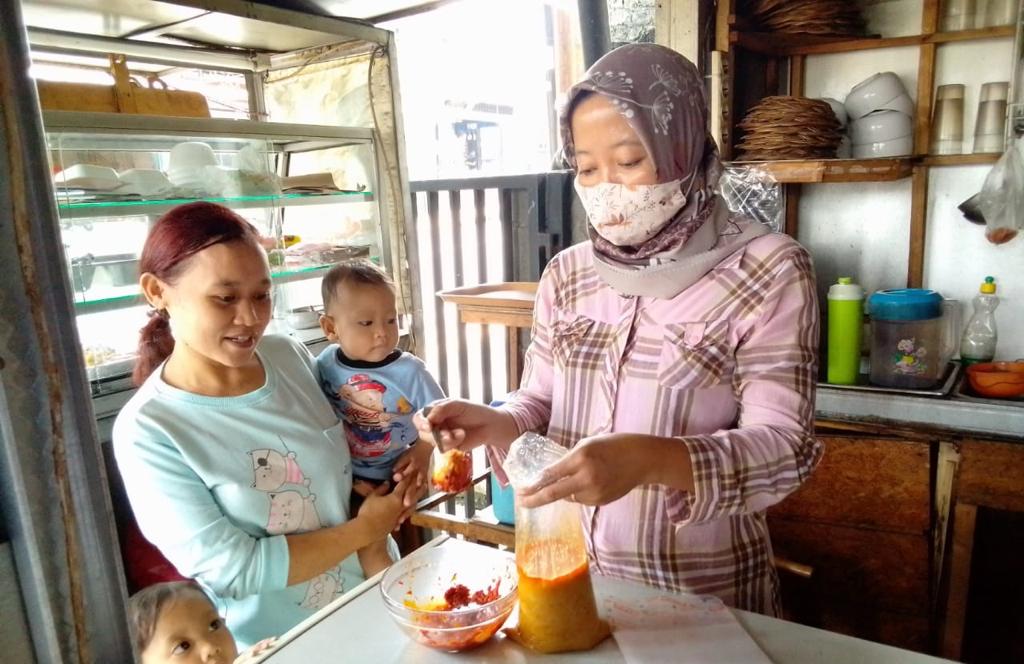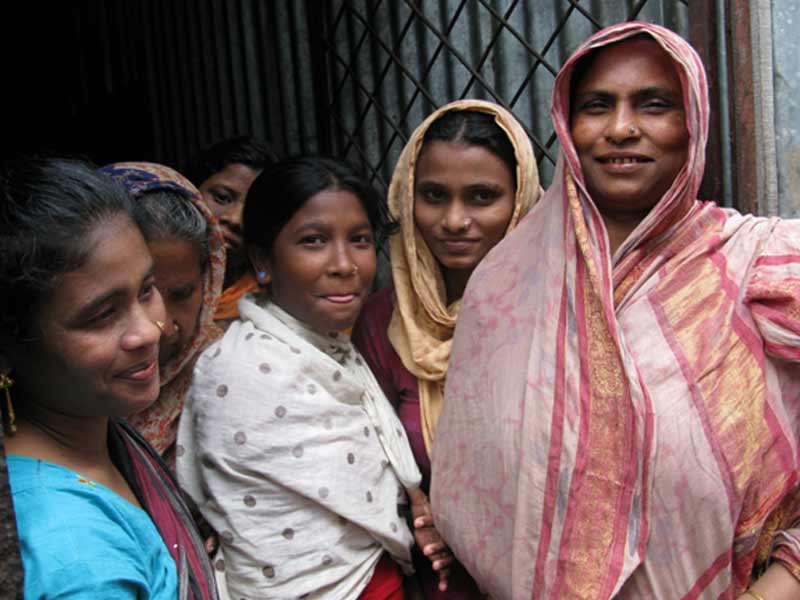
Over the last ten years, urban residents in low and middle income countries have seen alarmingly increased rates of obesity, undernutrition and micronutrient deficiencies. Immediate action by policymakers is essential in order to evade a global crisis of health, well-being and economic development.
While successful solutions need to address roadblocks in political systems and food sanitation environments,it’s essential that the most vulnerable and marginalized of urban communities have a voice in these solutions.
Areas of Focus
1. High-Quality Diets
The ever-growing nutritional crisis demands that local policymakers begin to prioritize healthy diets with the same attention given to clean water and sanitation systems. Fresh fruits, vegetables, nuts, seeds and other nutrient-rich foods must be made available to all.
2. Nutritional Education
Government and healthcare providers must begin to vocally champion proper nutrition and address the unique challenges of every city. It’s critical that institutions work together to convey the practical actions steps required for a better diet.
3. Food Marketing
National policies must be revised to regulate the advertising, promotion, and labelling of food products. Urban environments often encourage deceptive food marketing and lead to poor food choices.
4. Integration
Even seemingly unrelated governmental policies such as infrastructure, water, sanitation, and transportation play a role in the landscape of urban nutrition. Dietary choice needs to be considered and become a deciding factor in all policy discussions.
5. An Individualized Approach
Age, culture, religion and ethnicity are unique to every city and play a major role in nutritional construct. Understanding the unique nuances of each group is crucial when it comes to developing an effective and long-lasting nutrition strategy.
6. Bolstering The Informal Food Sector
While the IFS often carries a heavy stigma in nutritional discussions, it’s a vital element of the urban dietand needs to be reimagined rather than eliminated. Immediate measures are needed to improve this sector and better address the sanitation and health risks plaguing these communities.
7. The Obesity Problem
Despite universal recognition, no country has figured out an effective strategy to flatline the trend of rising obesity. Policymakers in low and middle income countries need to allocate more resources to combat the challenges of an exponentially-growing overweight population.
8. Results-Based Action
Arguably the most important action that can be taken right now is gathering more data on the individual obstacles holding back urban communities. We need to meticulously study what’s working, what’s not working, and respond with tailored strategies for every situation.
Shaping The Solution
With urban populations growing by the day, immediate action is needed to combat the global nutrition crisis. A failure to act now will most certainly result in disastrous consequences for decades to come.
It’s imperative that poor communities are given a voice in this conversation so that we can better understand why people eat what they do, what the landscape of nutrition looks like in the household, and what support systems can be developed to promote healthier lifestyles.



